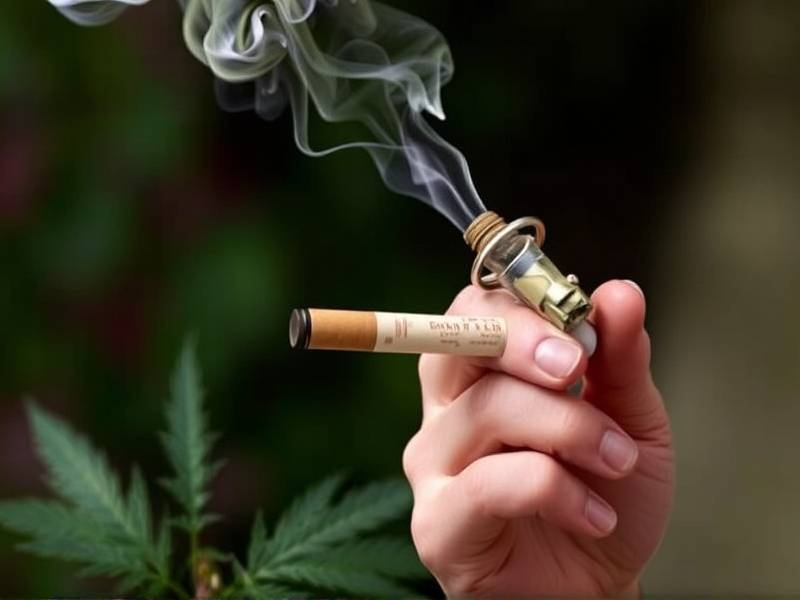How Long After Quitting Smoking Weed? The Effects and Recovery Time
The Journey to Recovery: Understanding the Timeline of Weed Withdrawal and Effects Post-Quitting
Introduction: The decision to quit smoking weed is a significant step towards a healthier lifestyle. However, understanding the timeline of withdrawal symptoms and the effects on your body can help you navigate this challenging journey more effectively. This article delves into how long it takes for the effects of quitting weed to manifest and what you can expect during your recovery process.
I. The Duration of Weed Withdrawal Symptoms

A. Immediate Effects When you quit smoking weed, you may experience immediate effects such as irritability, anxiety, and restlessness. These symptoms usually peak within the first few days after quitting and can last for up to a week.
B. Short-term Effects After the initial acute phase, short-term withdrawal symptoms may persist for several weeks. These include mood swings, insomnia, decreased appetite, and increased cravings.
C. Long-term Effects Long-term effects of quitting weed may take several months to manifest. They include anxiety disorders, depression, and cognitive impairments that might have been exacerbated by prolonged weed use.
II. Factors Influencing Recovery Time
A. Individual Differences The duration of withdrawal symptoms can vary significantly among individuals due to factors like age, gender, genetics, and overall health.
B. Severity of Dependence The severity of dependence on weed also plays a crucial role in determining the recovery timeline. Those who smoked heavily or had been using for an extended period may experience more prolonged withdrawal symptoms.
C. Support System Having a supportive network of friends, family, or professionals can significantly accelerate the recovery process.

III. Coping with Withdrawal Symptoms
A. Mindfulness Techniques Mindfulness practices such as meditation and deep breathing exercises can help manage stress and reduce withdrawal symptoms.
B. Physical Activity Engaging in regular physical activity can boost your mood and energy levels while aiding in detoxification.
C. Professional Help Seeking professional help from therapists or counselors specializing in substance abuse can provide personalized strategies for coping with withdrawal symptoms.
IV. The Benefits of Quitting Weed
A. Improved Health Quitting weed has numerous health benefits, including reduced risk of respiratory problems and cardiovascular diseases.
B. Enhanced Cognitive Functioning As your body recovers from weed use, you may notice improvements in memory, concentration, and overall cognitive functioning.
C. Enhanced Quality of Life By quitting weed, you'll likely experience an improved sense of well-being and an enhanced quality of life.
Conclusion: Understanding how long it takes to recover from quitting weed is essential for navigating the challenges associated with withdrawal symptoms effectively. By recognizing individual factors influencing recovery time and adopting appropriate coping strategies, you'll be well-equipped to overcome this journey towards a healthier lifestyle.
